When people are least sure, they are often most dogmatic

When people are least sure, they are often most dogmatic
John Kenneth Galbraith, a renowned economist and public intellectual, was known for his critical analysis of economic systems and his ability to challenge conventional wisdom. In his work, Galbraith often highlighted the tendency of individuals to become more dogmatic when they are least sure of their beliefs. This phenomenon can be seen in various aspects of human behavior, particularly in the realm of economics and politics.Galbraith argued that when people are faced with uncertainty or doubt, they often cling more strongly to their existing beliefs and ideologies. This is because uncertainty can be uncomfortable and unsettling, leading individuals to seek reassurance and stability in their convictions. In the context of economics, this tendency can manifest in the form of rigid adherence to certain economic theories or policies, even in the face of contradictory evidence.
One of the key examples of this phenomenon can be seen in the debate over free-market capitalism versus government intervention in the economy. Galbraith was a vocal critic of the free-market ideology, arguing that unregulated capitalism often leads to inequality and instability. However, proponents of free-market capitalism often exhibit dogmatic behavior, dismissing any criticism or alternative viewpoints as heresy. This is particularly evident in the aftermath of economic crises, where advocates of free-market capitalism may double down on their beliefs rather than reevaluating their assumptions.
Galbraith's observation that people are most dogmatic when they are least sure can also be applied to the realm of politics. In times of uncertainty or crisis, individuals may become more entrenched in their political beliefs, viewing any dissenting opinions as a threat to their identity or worldview. This can lead to polarization and division within society, making it difficult to find common ground or compromise.
Overall, Galbraith's insight into the relationship between uncertainty and dogmatism serves as a valuable reminder of the importance of intellectual humility and open-mindedness. By recognizing our own biases and limitations, we can avoid falling into the trap of dogmatic thinking and remain open to new ideas and perspectives.
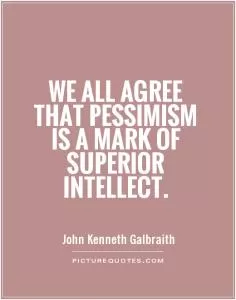
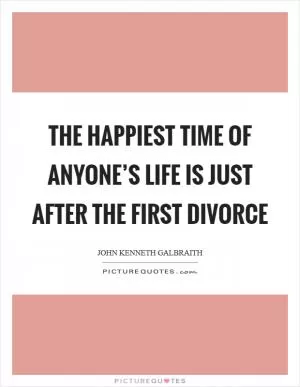
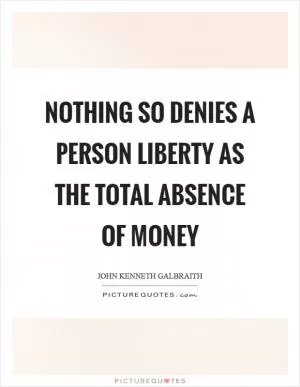
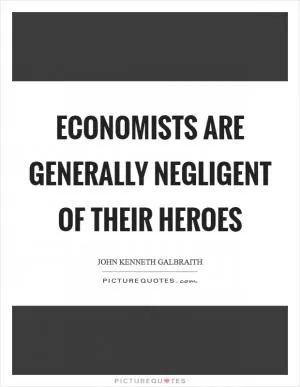
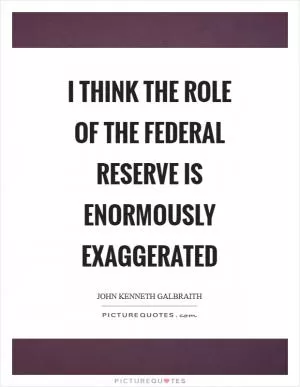

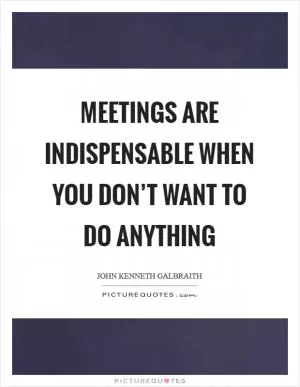
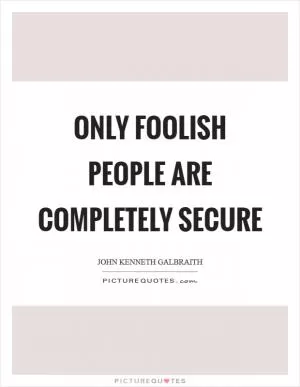
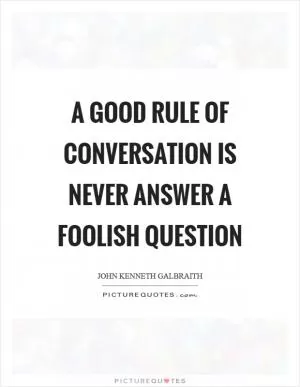
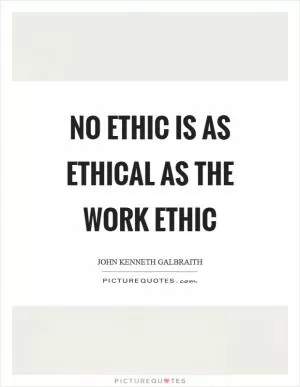


 Friendship Quotes
Friendship Quotes Love Quotes
Love Quotes Life Quotes
Life Quotes Funny Quotes
Funny Quotes Motivational Quotes
Motivational Quotes Inspirational Quotes
Inspirational Quotes